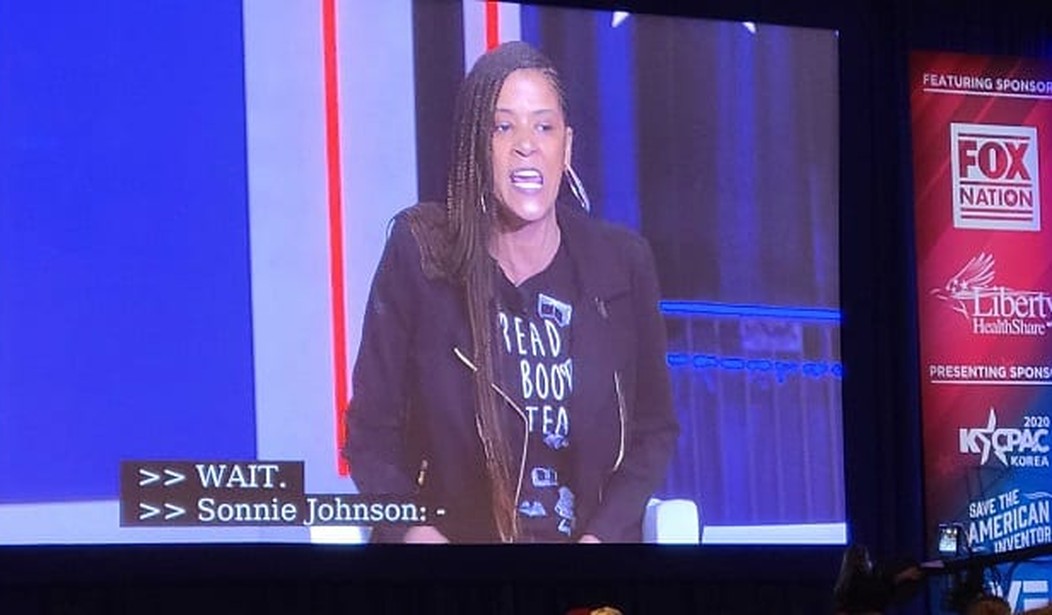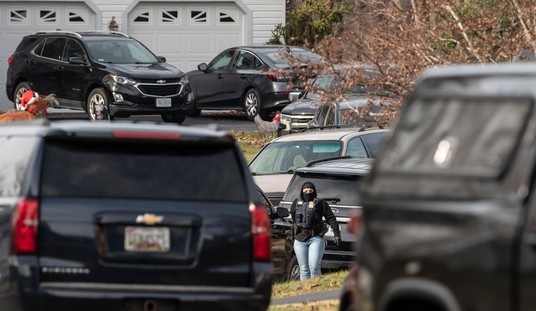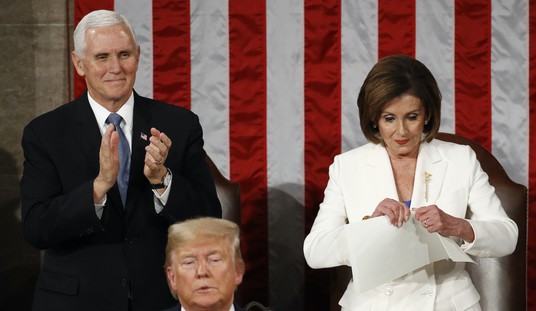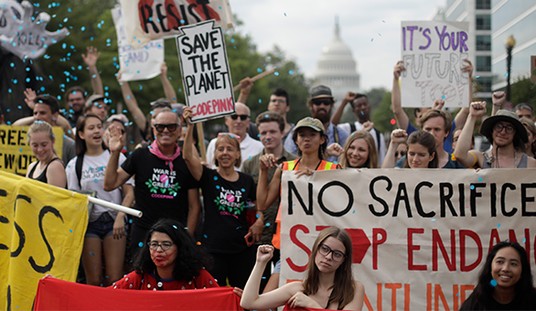During the last day of Black History Month, there was a little bit of history made when CPAC declared America Uncanceled last weekend:
Some of the emerging Black conservative voices from outside of “Black Conservative, Inc.” (as my RED + BLACK co-host pointedly describes some Black conservatives as) were prominent on the main stage in Florida. In that moment, they collectively discussed their viewpoints, effectiveness, and direction for America. They offered these constructs for a conservative movement and struggling Black communities that increasingly need each other more to obtain civic prosperity and peace during these times.
But even with the shortened amount of time given to the panel and the range of topics – and American history – that could have been covered to address the woes confronting conservatives attempting to re-engage the emerging America, a sharp question still stuck out.
Dr. Christopher Metzler – a Black conservative involved in the movement since the early days of Ronald Reagan as an immigrant-turned-Oxford-educated success story – asked simply: was the panel too much Blackness for folks during CPAC last week?
Are we too much for white folks? Listen in here and join us as we talk about the #BlackConservatives panel at #CPAC2021 on the show Saturday 9am ET@MAJTOURE @SonnieJohnson @theangiestanton @RealKiraDavis @DrChrisMetzler @JeffOnTheRight #BlackThoughtsMatter #ConservativeSwag pic.twitter.com/AEllKUOV0T
— Red + Black (@RedandBlackShow) March 6, 2021
As silly as the notion sounds on its face, the “Loneliness of the Black Republican” (captured in the book by the same name by Harvard professor Dr. Leah Wright Rigueur) has merit that must be addressed head-on during today’s culture shifts before conservatives find ourselves permanently behind senseless obstacles that divide communities of color from solution-makers that can empower their lives through policy and leadership.
With all of the talk about “Carlton Conservatives and Will Conservatives” on the stage last Sunday, there never seems to be enough time for Black conservatives and Republicans (i.e., sometimes one and the same, sometimes one but not the other, and sometimes none of the above) to speak and lead as “Smart Brother” conservatives – folks whose policy perspectives are championed in their substance and not merely on the surface. Without the tangible and steadfast ability to purport conservative principles that are consistent with the Constitution — even as they are unapologetically pro-Black — Black conservatives remain castigated as cheerleaders to a losing team, loud enough to entertain the crowds but rendered incapable of changing the results on the scoreboard.
Maj Toure said it right on Sunday: “…it’s going to get awkward and uncomfortable…” That describes how Black conservatives must shake up more of the conservative establishment if America’s status quo is going to be broken up. If we are going to get to a point where we heal the racial fission that has always shaped America so that we can earn greatness for generations to come, the lingering fear of Blackness and Black boldness needs to recede from our shores.
The Democrats got over much of theirs relatively quickly, moving from being the ultimate “Party of No” from the end of the Civil War through the 1960s. By the 1970s, African-Americans began holding powerful seats of government as Democrats. By the 1980s and 1990s, Black presidential and statewide candidates begun to sprout up with various levels of success. 2008 was the game-changer. With their positions of authority also came a comfort with many (yet not necessarily all) factions of the Democrats’ party. A Black voice with the authority, resonance, and ability to challenge the dysfunction of the status quo without animus or reprisal became not only acceptable but expected.
The ability to change America for the better for all people carries a prerequisite including bold vision, discomfort within dialogue, and transformation of structures that prefer uninterpreted standing.
Of course, Democrats are hardly perfect on this; usually, they prefer their “seen but not heard” Black supporters, notably around election time. Yet, 2020 was a year where they, too, had their “too much Blackness” moments in Pittsburgh, Atlanta, Philadelphia, and elsewhere around the nation. Just as the Tea Party Movement of 2009-2014 was a repudiation of both establishment political parties, the “Black Lives Matter” Movement today is a pushback against forces that have run urban police departments, schools, and economies for the past several decades – most of which are Democrat-led. Yet, all sides of the policy-making dynamic – even in 2021 – remain woefully uncomfortable with this reality: any Black man or woman worth their salt in the fight for substantive, permanent, and empowering change for equity and Constitutional equality (i.e., too different items) must be bold, courageous, disruptive, boisterous, inspiring, and persistent – and might even be isolated, separated, irritating, or alone in one’s stance from problem to “more perfect”. When these traits from a White American look presidential, yet the same traits seem foreboding, inappropriate, and untimely from Blacks, we know that we still sit in a moment where “too much Blackness” often is a real, living thing in America – from Obama to Orlando.
If we are going to emerge as the force for good in this nation and an example for freedom for this globe, it is incumbent upon us to take the glimmer of hope that we saw on Sunday and create multiple points of light that can burn through stubborn obstacles — both bequeathed and self-made — that block us from the richness that America could have always been yet never quite became to date. Some of that leadership via the conservative movement cannot and will not occur without Black leadership being the leadership within the movement, regardless of the cries that conservatives do not delve within identity politics (i.e., please review the presidential election exit polls since 2012). Understand: leadership tells you what you need to hear, shows you what you need to do, and partners with you in the work that needs to be done. It represents the friend that you do not always like, often cannot stand, and regularly gets on your last nerve, but it also signifies the bridge rarely crossed over troubled waters that leads to lasting peace that children enjoy years removed from strife. “Too much Blackness”, starting with last Sunday and coupled with policy empowerment for more communities, is an uncomfortable yet necessary component for a better America. It has always been that bridge – and now is another moment where it must be that bridge once again to uplift the disillusioned, the poor, and the detached from the American Dream.












Join the conversation as a VIP Member